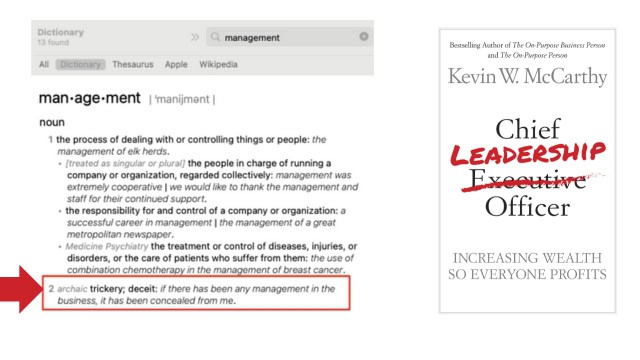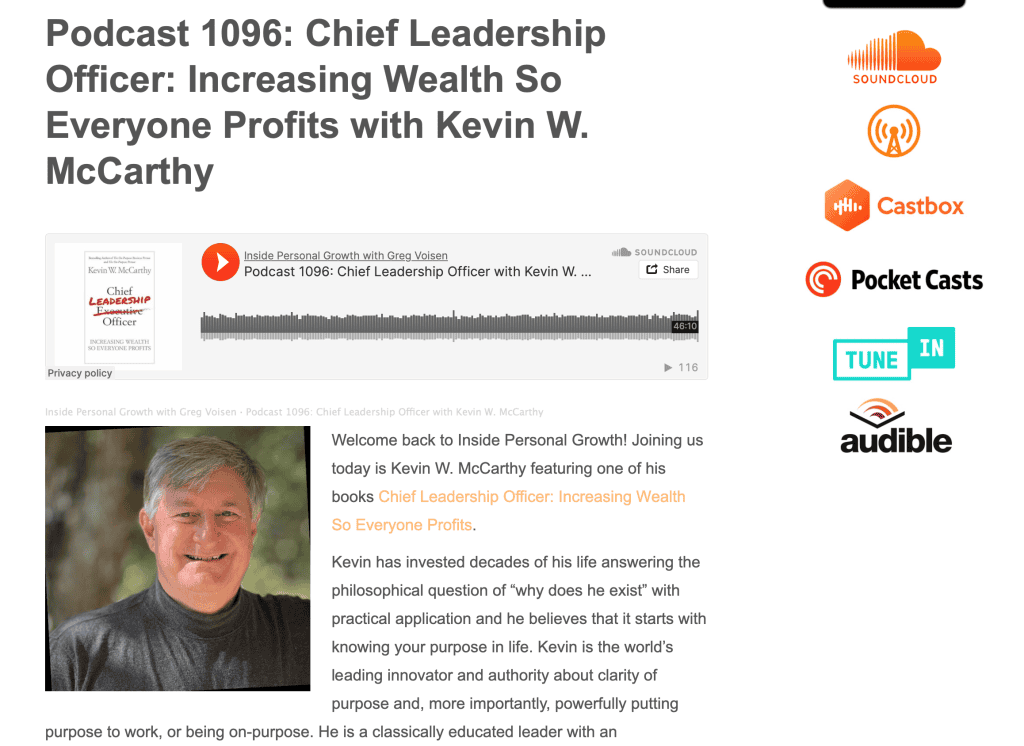Diversity, Equity, and Inclusion (DEI) is proven to be a divisive and dangerous dogma. Giving the benefit of the doubt to DEI advocates, these corporate policies and programs may have started with honorable intentions to right wrongs, but they are devolving into insidious administrative weapons of mass derision, exclusion, and intolerance. What DEI espouses to remedy for one people group it creates for another group. The ironic consequences are less diversity, equity, and inclusion coupled with rising chastisement and tension. These are not the marks of good policy.
I propose DEI be replaced by DEI 2.0: Dignity, Equality, Integrity:
- Dignity is worth and respect for one’s self and others.
- Equality is the state of being equals in status, rights, and opportunity.
- Integrity is one’s strong conduct adhering to moral principles.
DEI 2.0 is based on the premise that values can be legislated but not readily adjudicated. Rather, they can be taught, caught, and lived in the inspiring context and challenge to become a better person today than yesterday — the essence of personal leadership development. DEI 2.0 realistically acknowledges our aspirations, failures, and lessons that refine us. It reminds to utilize The Golden Rule to seek reconciliation, offer appreciation, and extend love and forgiveness. Putting aside pride is a tough shift.
What Can You Do to Advance DEI 2.0: Dignity, Equality, and Integrity?

- Read the definition of each word in DEI 2.0. Dig into your online dictionary to discover the nuances of each word and reflect on where you fail and succeed in your life.
- Read The Prayer Attributed to St. Francis for the next 3 days or longer (see the graphic). Let it soak into your being. How might it right relationships at home, at work, or with those of differing political parties?
- Review your 2-word purpose. Purpose precedes values in order of impact and importance. Your 2-word purpose is your personal point to take rest and reflection. It is the unique expression of your unfathomable spiritual purity and deepest connection to God, Self, and Others. When you feel undignified, unequal, or disintegrated, return to your purpose for healing, restoration, and recharge.
- Recast DEI into the positives of DEI 2.0 of Dignity, Equality, and Integrity. Regardless of whether you are the company CEO, team leader, or head of a household, instilling these values will do far more to advance the human condition and common wealth than the current DEI terms.
- See and treat others through the lens of them having a purpose. The color of their skin, gender, orientation, ethnicity, religion, or whatever identifier they were born with or choose to use to brand themselves are distant seconds to their God-gifted purpose.
We all long for a reason for being, significance, belonging, and making a difference. DEI policies thrust labels upon us and push us into camps regardless of whether we like it or not, whereas the values of DEI 2.0 — Dignity, Equality, and Integrity — are foundational values that focus on our commonalities to unite us into one.
Be On-Purpose!
Kevin



